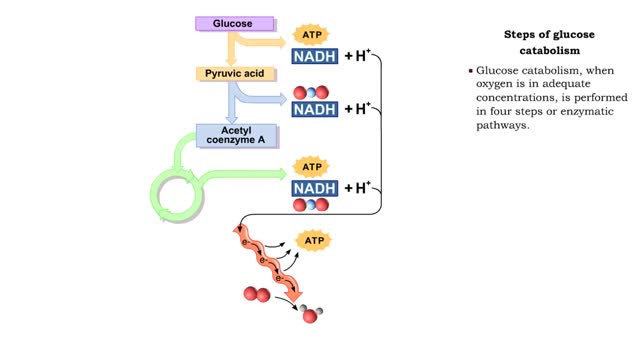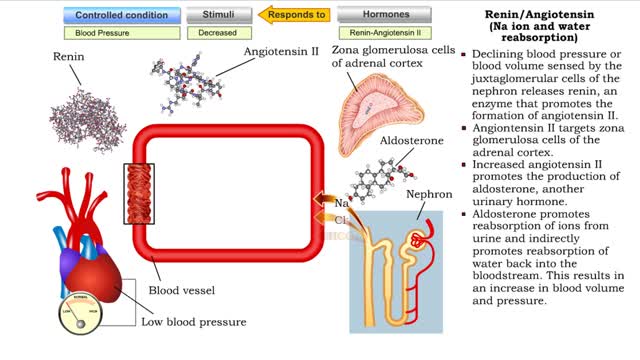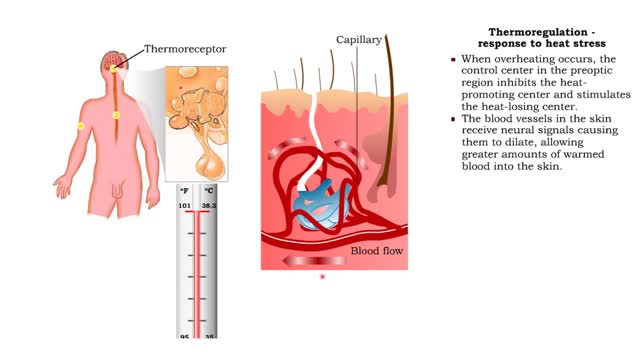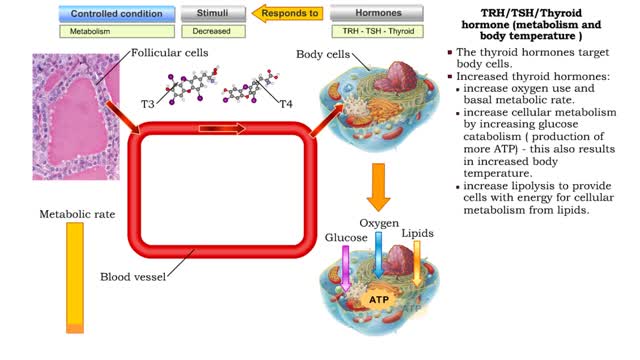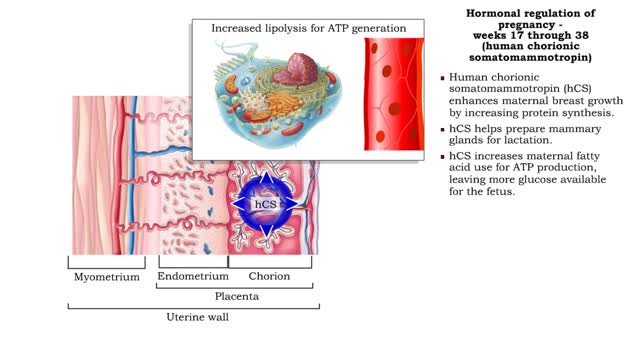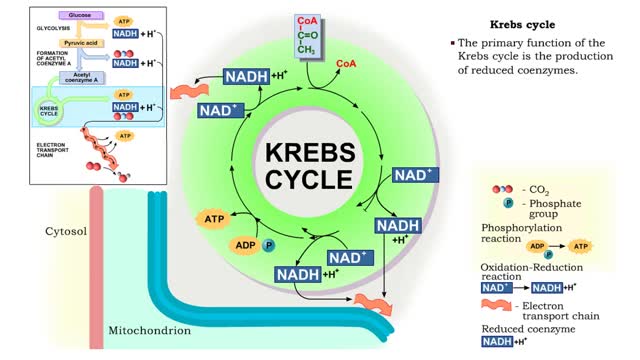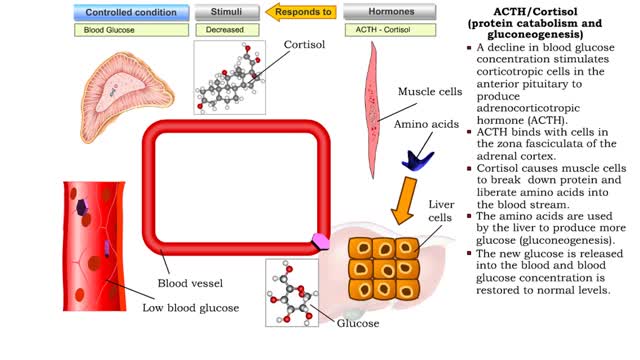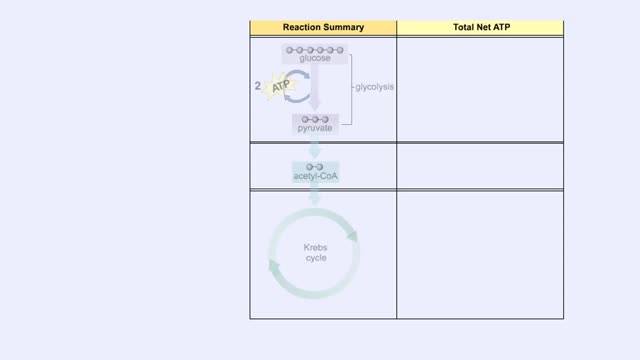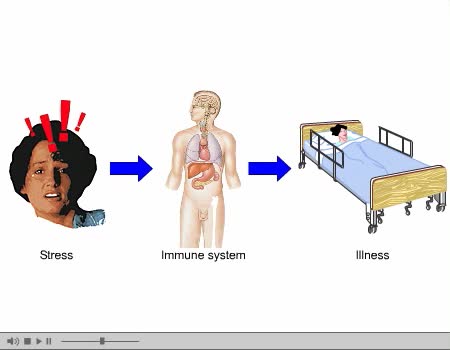Search Results
Results for: 'Insulin Production'
By: HWC, Views: 11252
• During digestion, complex carbohydrates are hydrolyzed into monosaccharides, primarily glucose. • The catabolism of glucose is the primary source of energy for cellular production of ATP. • The anabolism of glucose is important in regulating blood glucose levels. • Glucose cat...
Renin/Angiotensin (water gain from urine & Na ion and water reabsorption)
By: HWC, Views: 11008
• Sensing declining blood pressure or blood volume, juxtaglomerular cells of the nephron release renin, an enzyme that promotes the formation of angiotensin II. • Angiotensin II targets smooth muscle cells in blood vessels that provide blood to the nephron. • Angiotensin II causes thes...
Metabolic Rate, Heat and Thermoregulation - response to heat and cold stresses
By: HWC, Views: 11233
• A neuron group in the anterior portion of the hypothalamus controls heat balance. • Neurons in the preoptic region of the hypothalamus integrate signals that come from thermoreceptors. • The temperature control center in the preoptic region propagates control signals to two other part...
By: HWC, Views: 10619
Thyroid hormone production • A decline in metabolic rate caused by increased metabolic need or physical exertion stimulates the production of thyrotropin hormone releasing (TRH) hormone from the cells of the hypothalamus. • Thyrotropin hormone releasing hormone targets the thyrotrophic ce...
Hormonal regulation of pregnancy - weeks 17 through 38
By: HWC, Views: 11276
• Estrogens increase uterine blood flow, maintaining the endometrium during pregnancy. • High levels of estrogen and progesterone inhibit the synthesis of milk. Progesterone inhibits myometrial contractions of the uterus to prevent premature birth. • Relaxin inhibits myometrial contract...
Krebs cycle : Formation of acetyl coenzyme A and Electron transport chain
By: HWC, Views: 11236
The oxidation of glucose to produce ATP is cellular respiration. Four sets of reactions are involved: Glycolysis Formation of acetyl coenzyme A Krebs cycle reactions Electron transport chain reactions • The second pathway of glucose catabolism, formation of acetyl coenzyme A, is a transi...
ACTH/Cortisol (glycogenolysis, protein catabolism, lipolysis and gluconeogenesis)
By: HWC, Views: 10903
• A decline in blood glucose concentration stimulates corticotropic cells in the anterior pituitary to produce adrenocorticotropic hormone (ACTH). • ACTH binds with cells in the zona fasciculata of the adrenal cortex. • Increased ACTH promotes the production of cortisol, the major gluco...
ETC Protein Complexes & Chemiosmosis (Total ATP Production and ATP Synthase)
By: HWC, Views: 10730
You will notice that FADH2 donates two electrons further downstream than NADH. This results in only two protons being pumped across the inner membrane. The final electron acceptor for these transported electrons is oxygen. Oxygen receives these electrons, plus protons from the aqueous matrix. ...
Stress and Immune System Animation
By: Administrator, Views: 14215
How stress and the immune system are linked. Immune response declines with age, limiting body's ability to identify and fight foreign substances. Loss of thymus cortex leads to reduced production of T lymphocytes, including T cells, NK cells, B lymphocytes. Frequency and severity of infectio...
Advertisement



